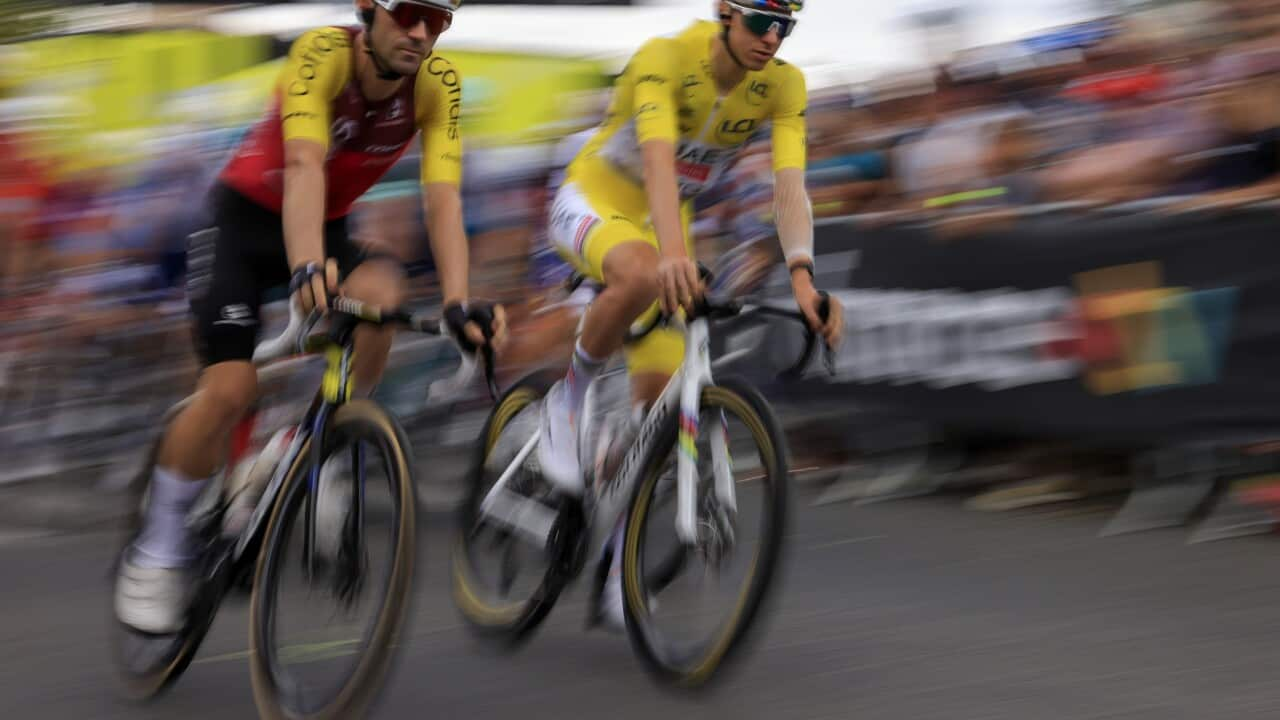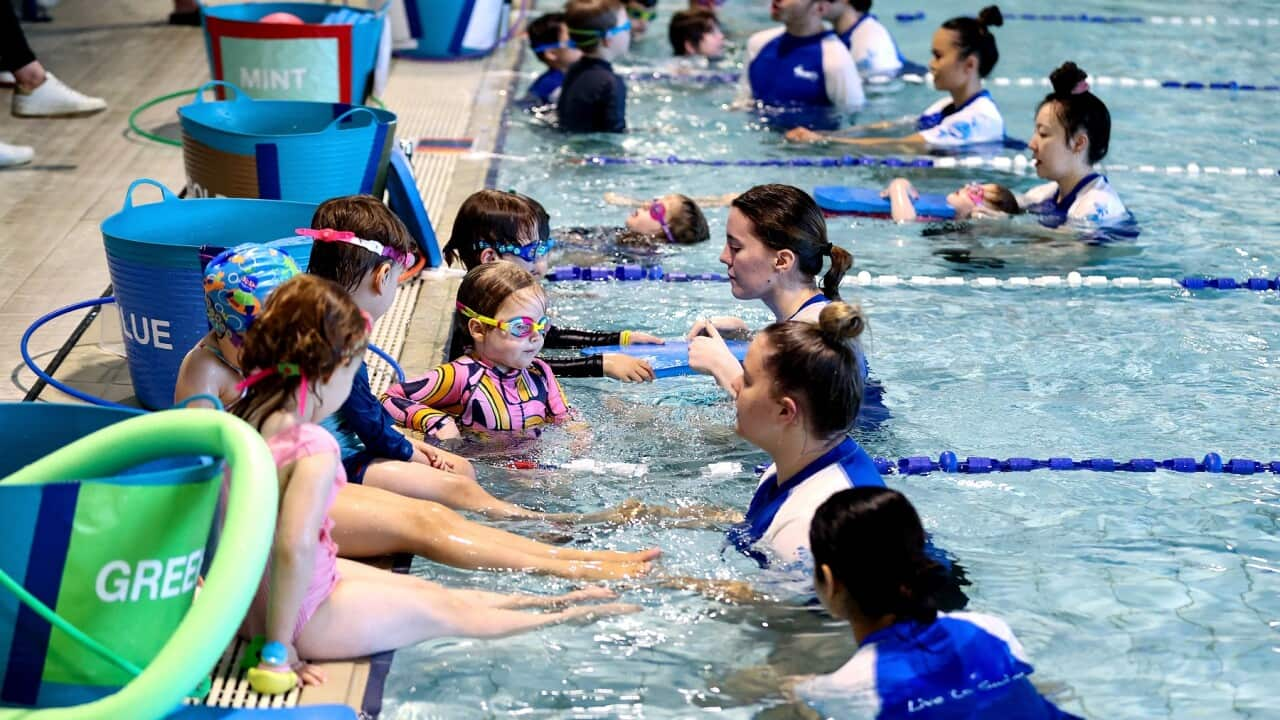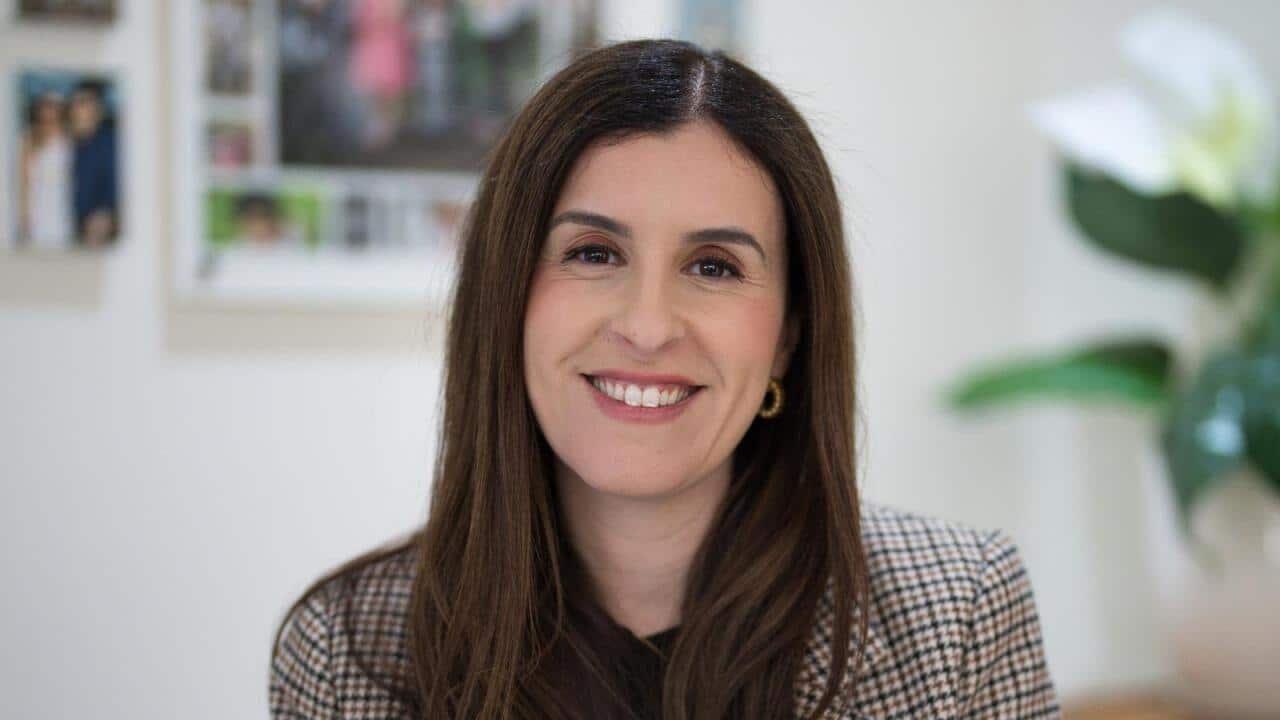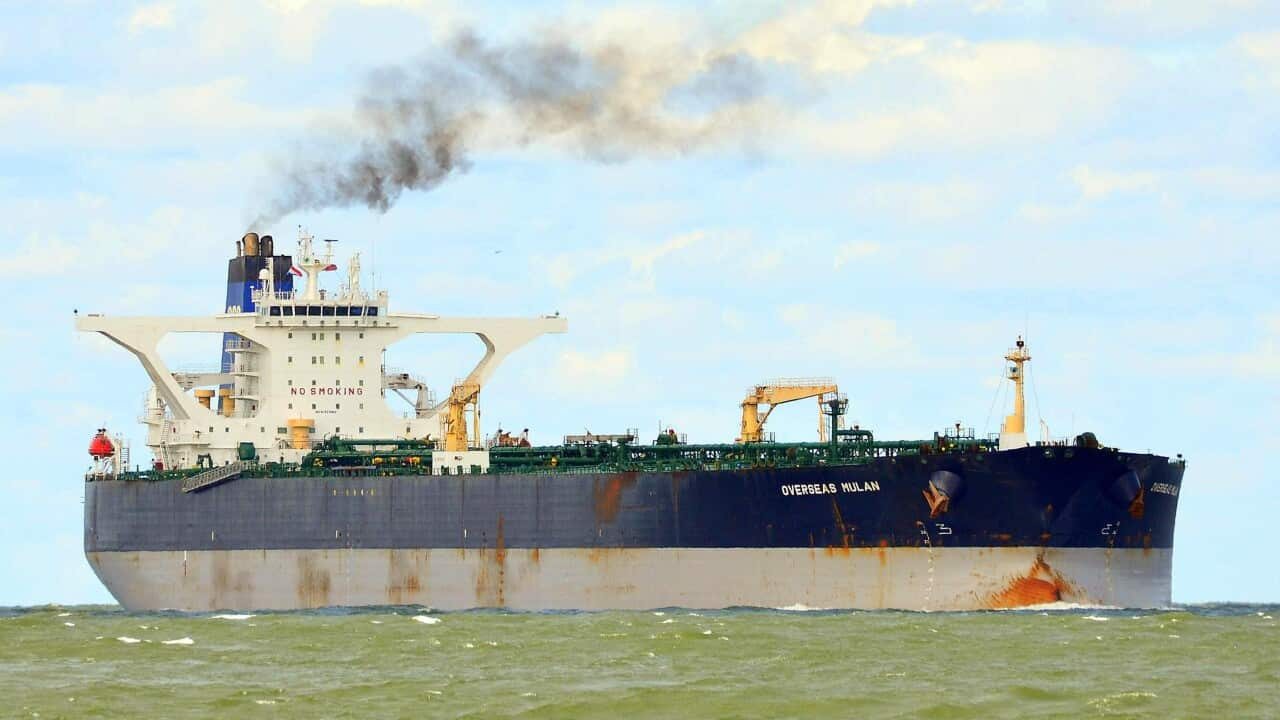TRANSCRIPT
It's one of the world's most popular professional cycling races.
The Tour de France not only tests the strength of individual elite athletes, but also their capacity to work as a team.
This year, over 180 riders from 23 teams have joined the 21-day tour.
By the end of the race they're expected to have travel around 3,300 kilometres across 11 regions in France.
The Tour attracts ten million spectators each year and now as it reaches its midpoint, there have been some surprising moments.
One is the withdrawal of Belgian cyclist Remco Evenepoel on the 14th day of the 21-day race on Saturday, after struggling with difficult mountain routes two days ago.
The Olympian said he was already in a poor training condition before entering the Tour, with fatigue a factor.
Evenepoel was seen as one of the big challengers for Slovenian cyclist Tadej Pogacar who won his third Tour last year.
Pogacar says he's disappointed that Evenepoel has had to leave the race.
"In cycling you never know when it's your last day of riding, or riding the Tour or your career, so I'm really sad that he left the Tour."
A few days earlier, the World No.1 cyclist also paid tribute to Samuele Privitera, a 19-year-old Italian cyclist who died after a crash in the Giro della Valle, another cycling race held at a similar time in Italy.
"I was thinking in the last kilometre about him and yeah, how tough this sport can be - and how much pain it can cause."
The Tour has also seen one spectator hit by a team car on Sunday.
So why is the Tour de France this year so crash-prone?
Adam Gill is a level-two cycling coach and owner of Bikestyle Tours, which organises holiday tours for fans.
He says accidents are not uncommon in any given year.
"It's, you know, the largest global bike race in the world to be successful at the Tour de France. It's unbelievably important for the teams and sponsors. So when you have 180 cycles on a small bit of road all trying to get to the front and when, sadly, accidents happen."
He also says the improvements in technology also allow riders to compete at much faster speeds than even ten years ago.
"So obviously, they're riding consistently at 50 and 60km an hour. You know, the margins of error are so small that it doesn't take much for someone to, touch the brakes and next, 30 or 40 cycles are hitting ground. And I think the speeds that they're going now are exceptional compared to what they used to a couple years ago."
For elite cyclists, technology also means the intensity of their training has increased, meaning they are starting their careers at an earlier age.
"They used to say that the peak rider age for a Tour de France rider would be in the late 20s, early 30s. That's definitely changed. The younger riders are doing a lot better, and that comes down to the science and their preparation for the races, they feel a lot better now, like in terms they can get a lot more carbohydrates and calories into the system, where that never used to be the case. So Nutrition has definitely improved. But again, you know, they got full time scientists working on their preparation, from training, the altitude, strength and conditioning, flexibility, nutrition."
In Australia cycling remains a popular form of exercise.
But now, researchers are studying if the sport also has a dark side.
Dr Daniel Wundersitz is a research fellow at La Trobe University's Holsworth Biomedical Research Centre.
"In Bendigo, Australia, we've noticed there's been a higher proportion of people showing up at the cardiology department with heart abnormalities, and it turns out that a few of them were cyclists. So we've done some research looking at the effect of endurance exercise on the hearts of cyclists and expanding it to runners as well."
Dr Wundersitz says they are still not sure why more cyclists are showing up with heart abnormalities, and whether the sport has any role to play.
But he adds cycling is still a great hobby as long as moderation is practiced.
"So you don't want to go out and go, I'm going to now go and cycle for six hours in a day when you've never cycled like that before. For example, you want to slowly start, you know, go out for 30 minutes, say, hey, handle it. Make sure you recover especially if you're planning to go and do, say, a fun run or a charity event with friends from work or your high school friends, or whoever it is, you don't want to shock the system and do something you know, crazy, like what athletes in the Tour de France do without, you know, a long training background leading up to that."













